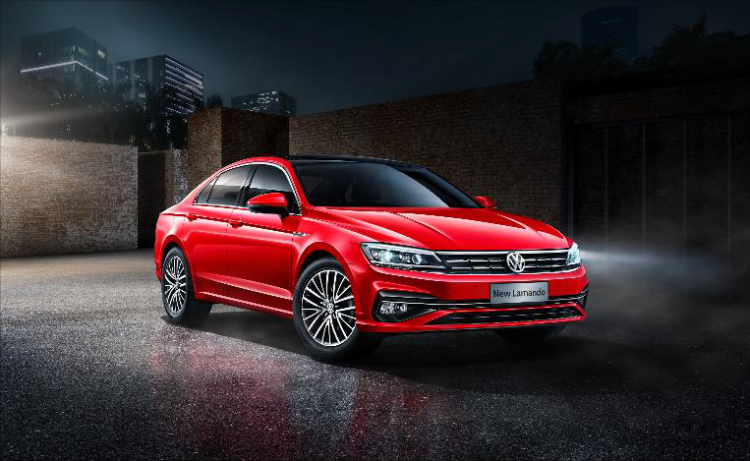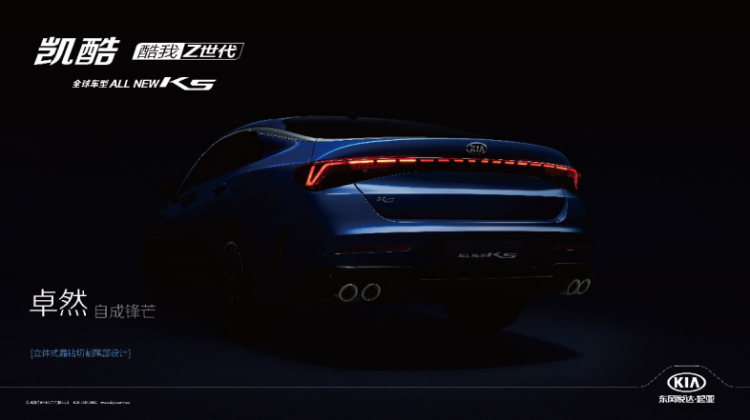Last Friday, the BMW Group announced its annual financial report for the 2019 fiscal year. Last year, the BMW Group sold more than 2.5 million BMW, MINI and Rolls-Royce vehicles worldwide. Among them, the sales of new energy vehicles continued to rise. More than 145,815 vehicles were sold. As of the end of 2019, BMW has sold a total of 500,000 electric vehicles, of which more than 50,000 have been sold in the Chinese market; it is expected that the sales of BMW Group’s new energy vehicles will double again within two years—that is, by the end of 2021, the plan is to A total of 1 million new energy vehicles have been delivered to global customers.
BMW Group Chairman Zipse said in a recent public speech: “The European Commission proposed to make Europe the first region to achieve carbon neutrality. For the BMW Group, we will also achieve our goals. 2021 Our goal is 25% of vehicles sold in Europe to be new energy vehicles; one third by 2025; half by 2030.”
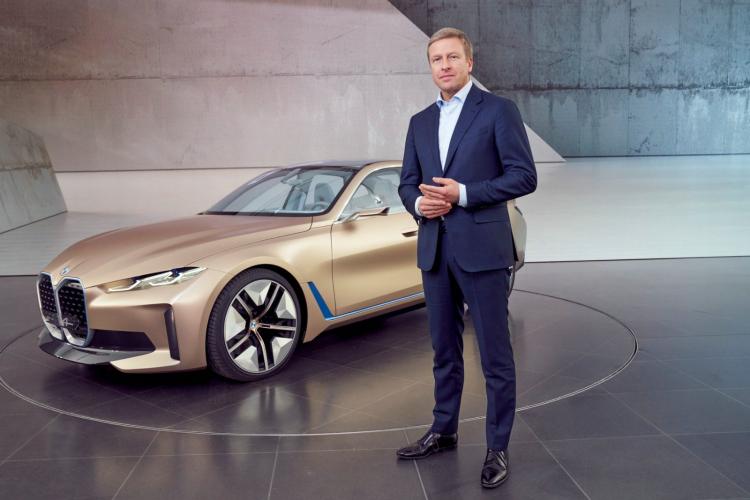
BMW Group to offer five all-electric models by 2021
As a pioneer in the field of electric travel, the BMW Group has become a leading manufacturer and supplier of new energy vehicles, and is fully promoting the electrification strategy and product line expansion. Currently, BMW offers a total of 12 new energy models in the global market. By 2023, the BMW Group’s new energy product line plans to expand to 25 models, half of which will be pure electric models.
By the end of 2021, the BMW Group will offer five purely electric models. In addition to the BMW i3, whose sales have continued to grow in the past six years, the pure electric MINI SE model has also been put into production at the Oxford plant in the UK at the end of 2019; this year, the BMW iX3 will be put into production in Shenyang, China; in 2021, the BMW iNEXT will also be produced at the Dingolfing plant in Germany. The BMW i4 is produced at the Munich plant. The latter three models will be equipped with the fifth-generation BMW eDrive electric drive technology.
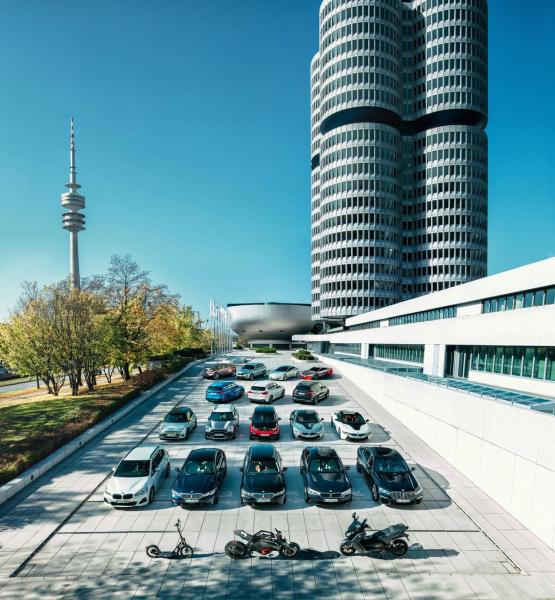
BMW Group Chairman Zipse said: “Sustainable mobility solutions must win people’s favor, not tell them what to do. Therefore, we offer at least one electrified product for almost every product series. Consumers should have The right to choose, and to be able to choose electric mobility without making any other compromises. The BMW Group is committed to giving consumers the freedom to choose between different drive technologies – what we call ‘the power to choose’.”
The BMW Group predicts that the global new energy vehicle sales curve will show a clear upward trend by 2025, with an average annual growth rate of more than 30%. However, the development speed of new energy vehicles in different regions of the world is not the same, and consumers living in different places such as cities or suburbs have different needs for sustainable travel. Therefore, BMW believes that respecting consumers’ “right to choose” is the key to future mobility. The open technical route not only means that the economy of fuel engines will continue to be improved, but also the development of electrification will be systematically promoted. While continuously optimizing the traditional drive mode, the BMW Group also parallelizes pure electric and plug-in hybrid technologies, and at the same time continuously invests in new technologies, such as fuel cell technology.
This year is BMW’s “year of new energy vehicles” in China. Since the beginning of the year, the pure electric BMW i3 fast-charging version and the BMW 5 Series plug-in hybrid mileage upgraded version have been launched successively. With the production of the BMW iX3 in Shenyang this year, the BMW X3 will become the first model of the BMW Group to offer three different drive platforms: efficient fuel engine, plug-in hybrid and pure electric drive, in order to fulfill BMW’s commitment to customers, providing The customer’s “right to choose”.
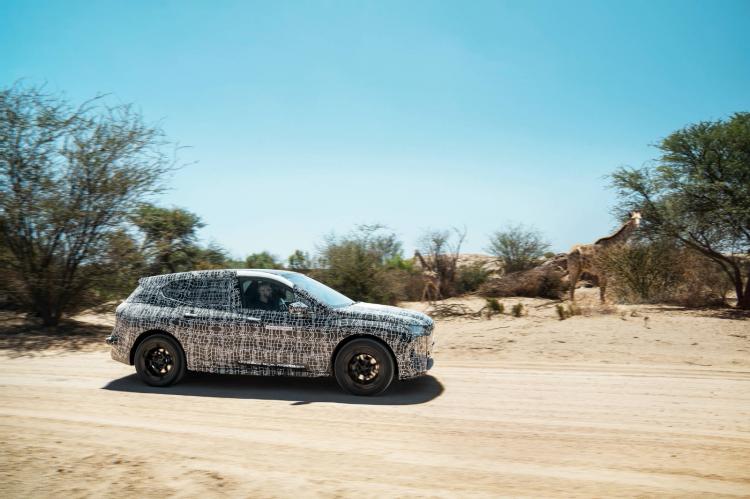
Unswervingly achieve the goal of reducing carbon dioxide emissions
The BMW Group continues to reduce the CO2 emissions of its models. The company is sticking to its pledge to meet its CO2 reduction target for new cars registered in Europe this year – a further reduction of around 20% compared to 2019. Among them, one-third of the emission reduction target will be achieved through further optimization of traditional powertrains, and two-thirds will be achieved through sales growth of electric vehicles. The combination of Efficient Dynamics technology and electrification strategy, which has been applied since 2007, will push the BMW Group to meet future carbon emission and fuel consumption requirements.
Invest tens of billions of euros to ensure the supply of batteries and raw materials
In response to the rapid development of new energy vehicle products and sales in the next few years, BMW Group is deepening its industrial layout in electric mobility. In 2019, the company has invested a total of more than 10.74 billion euros in the procurement of batteries and related raw materials, including: BMW Group and Ningde Times have deepened their cooperation in additional procurement, and signed a long-term supply contract with Samsung SDI to ensure the supply of power battery components. Beginning this year, the BMW Group will directly purchase lithium and cobalt, supply raw materials directly to Ningde Times and Samsung SDI, and ensure that they meet all standards.
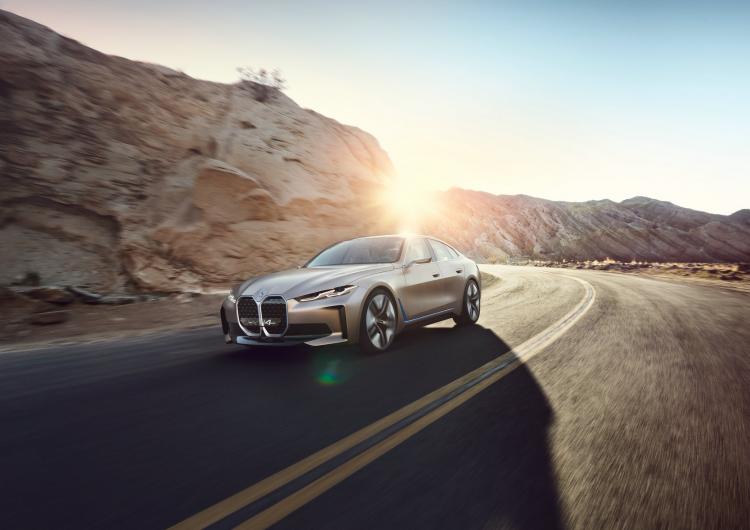
Reserving talents, about 1/3 of the global employees receive electrification training
As of December 31, 2019, the BMW Group had a total of 133,778 employees worldwide. At present, the BMW Group continues to recruit technical talents and IT experts to enrich the talent pool in the fields of software development, digitalization, autonomous driving, electric vehicles and its international production network, so as to facilitate the transformation of “ACES New Four Modernizations”. In 2019 alone, the BMW Group invested 370 million euros in training and employee career development to empower employees and actively embrace industry transformation.
At present, about 46,000 people in the BMW Group have received electrification-related training around the world, accounting for one-third of the total number of employees. A strong talent pool will help the BMW Group continue to maintain its leadership in sales and technological innovation in the field of electrification.


